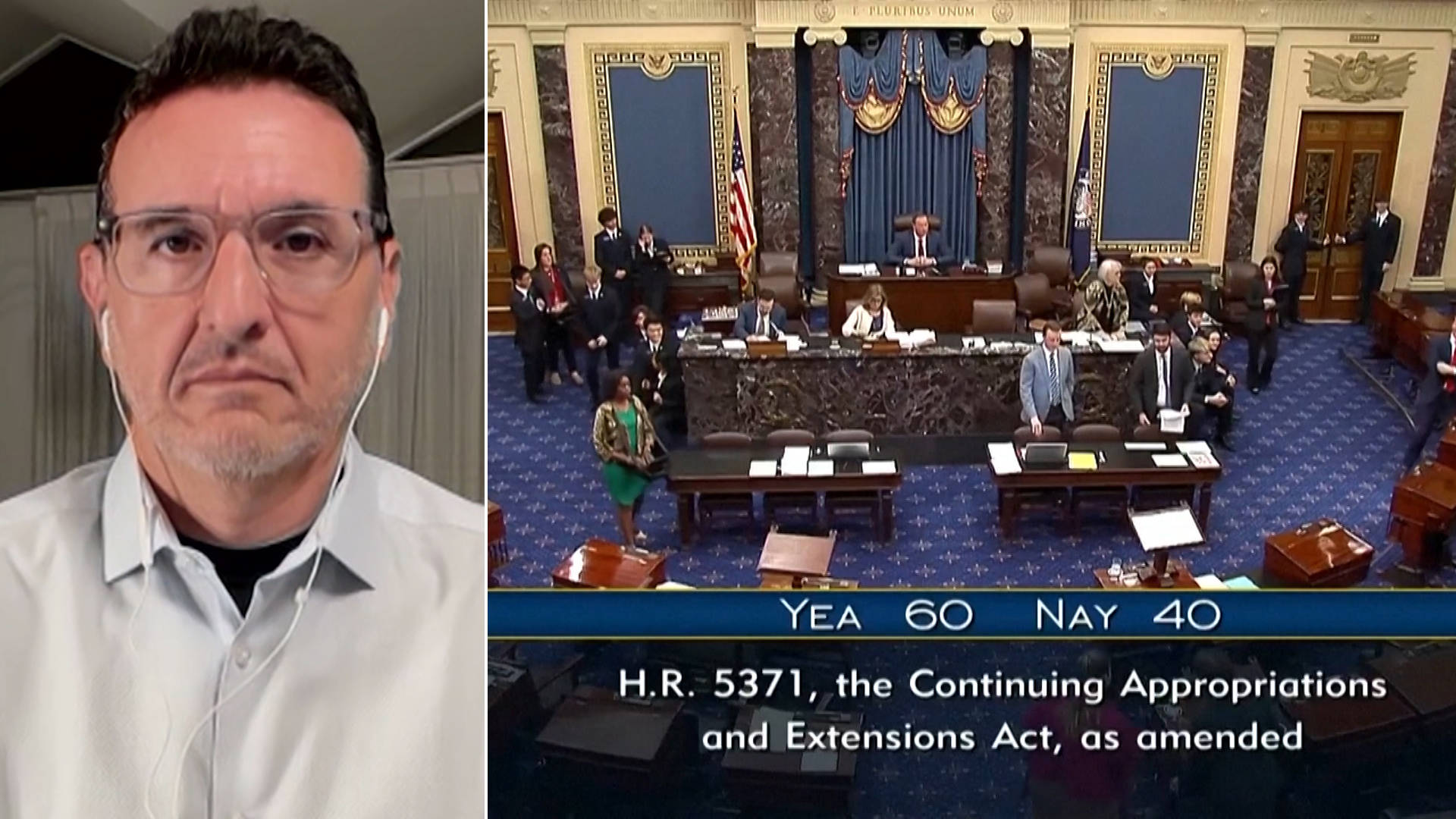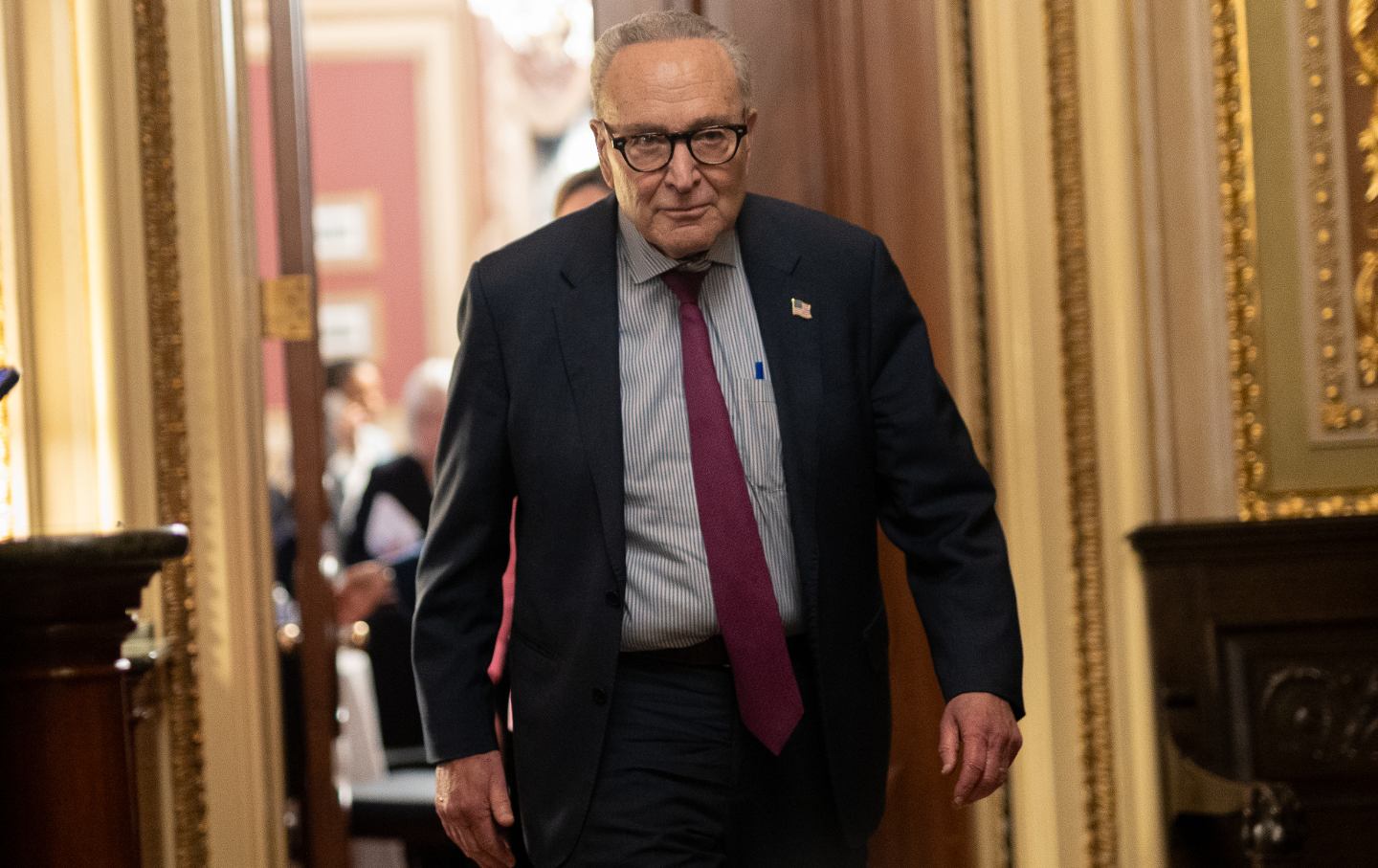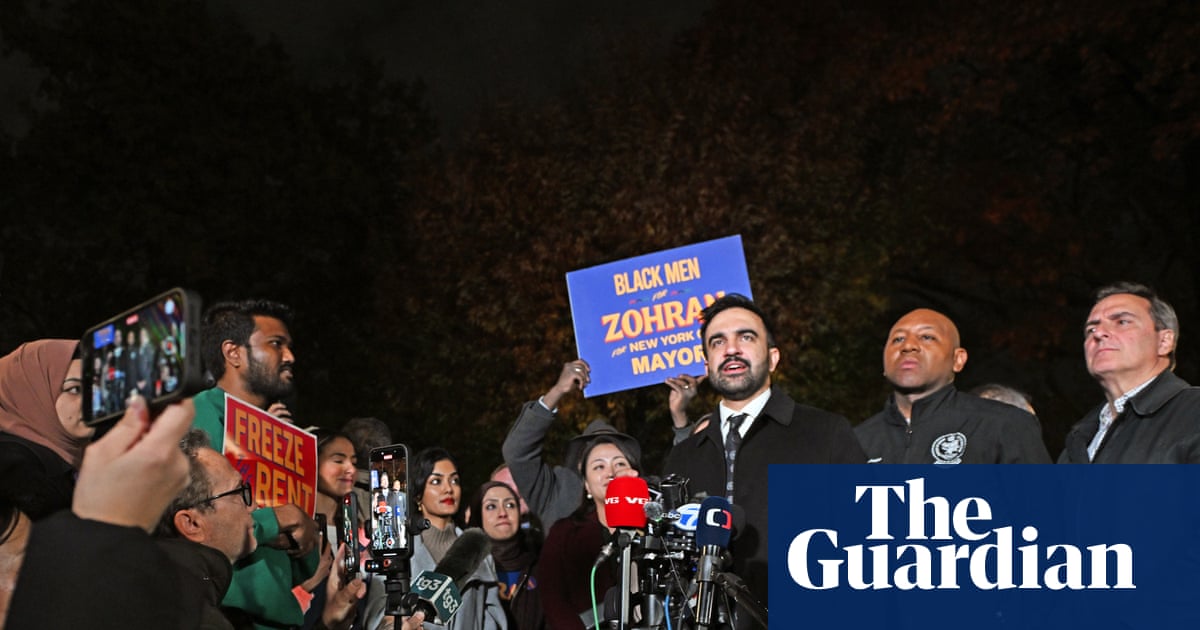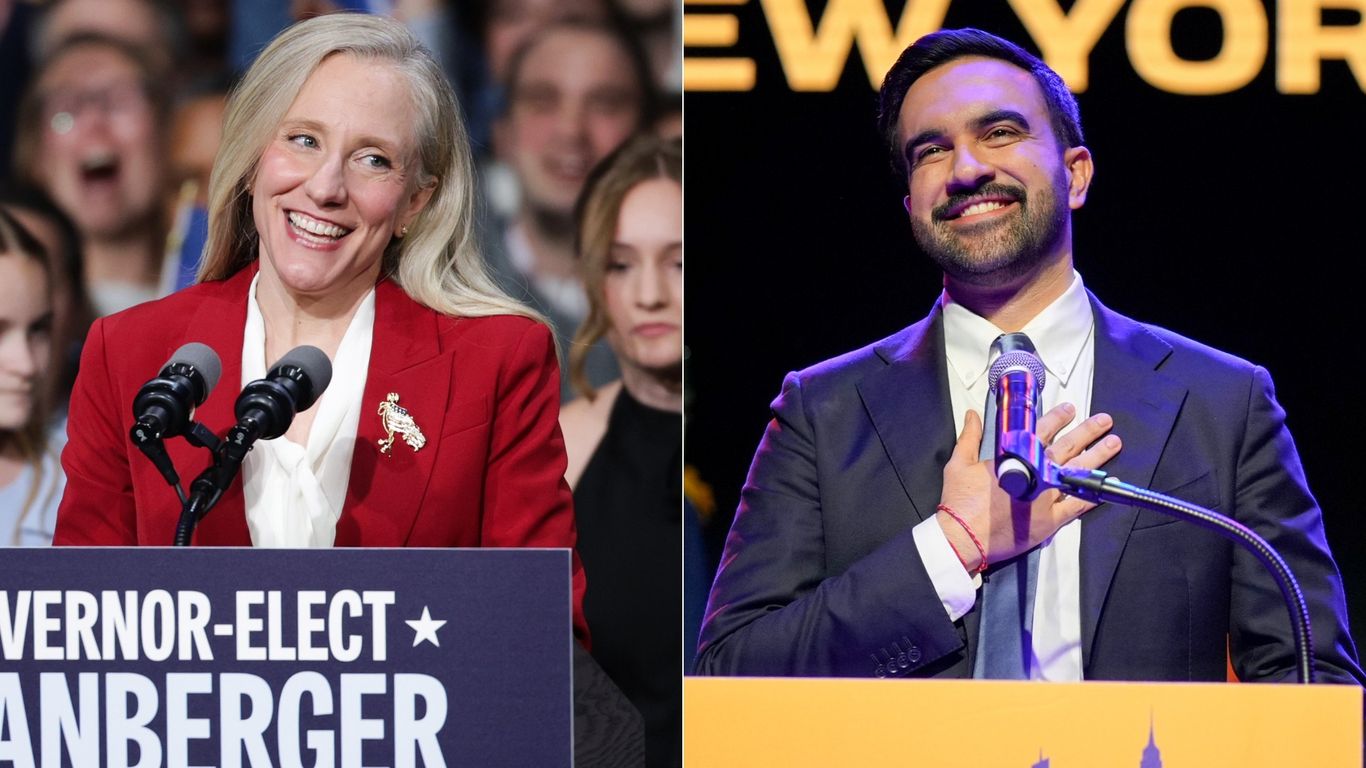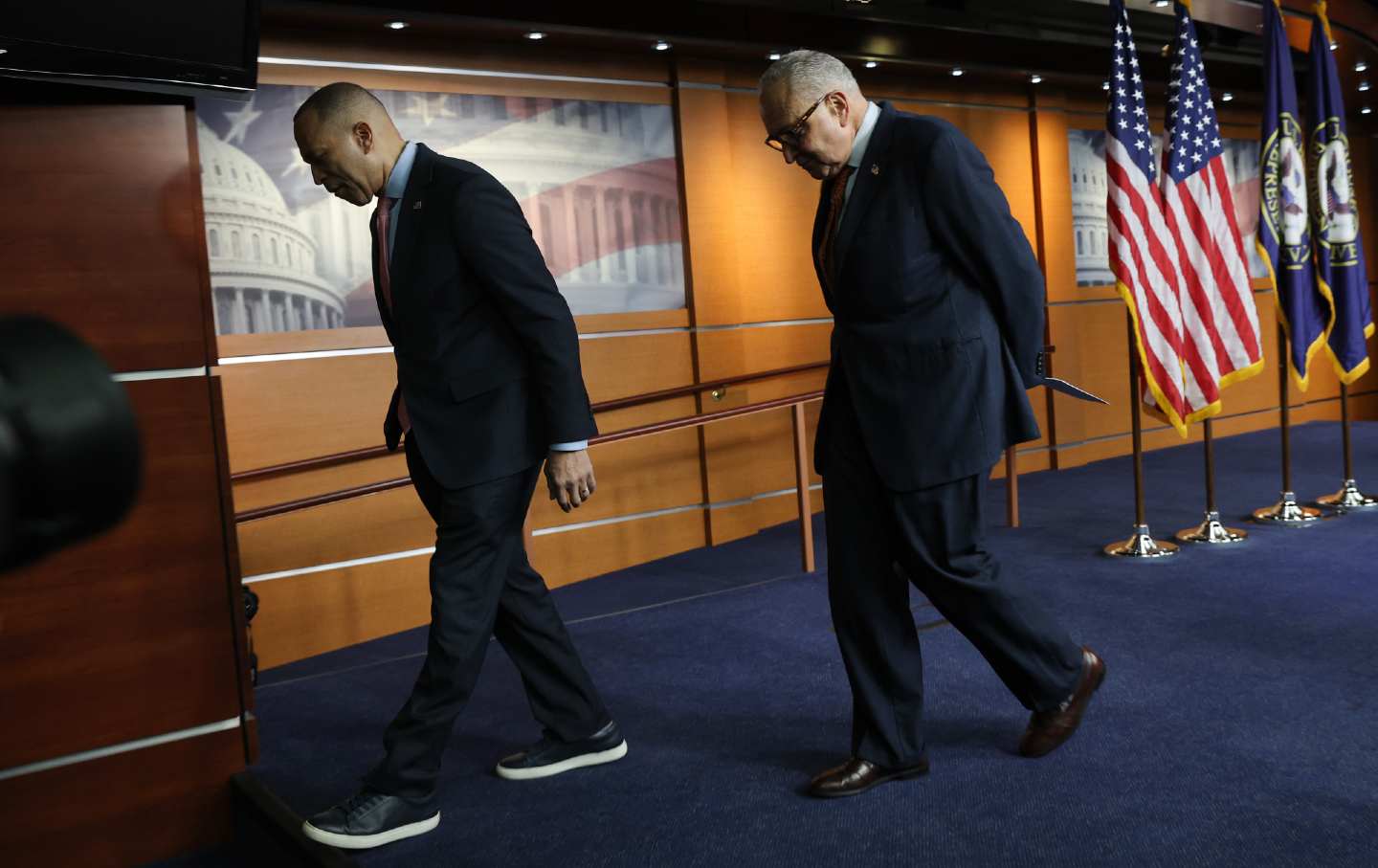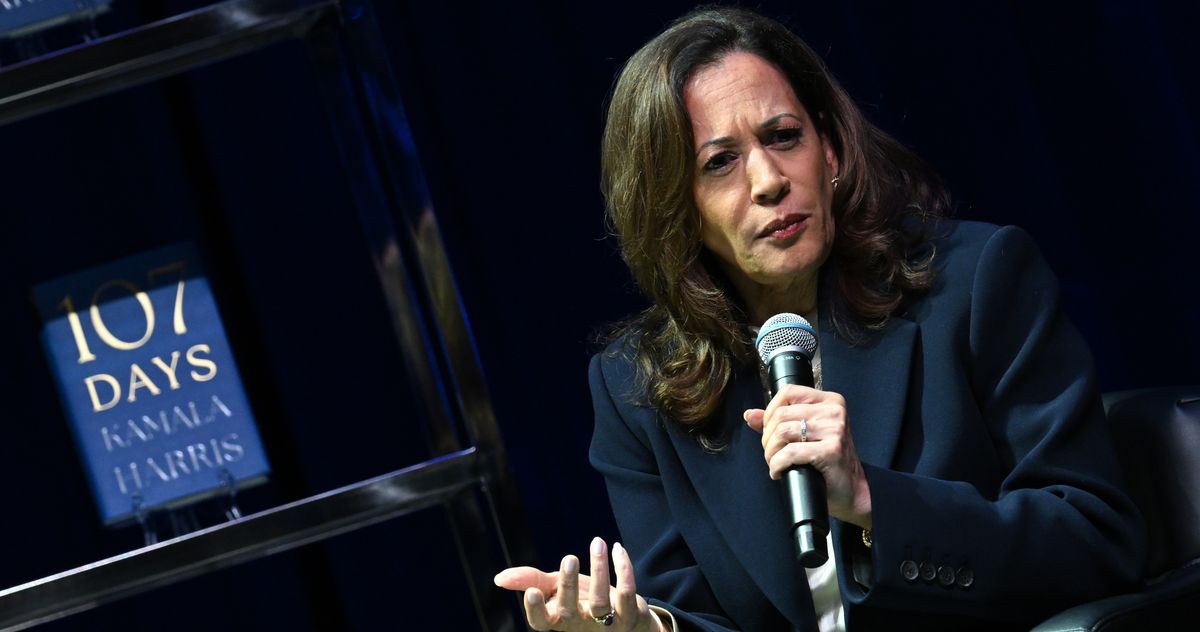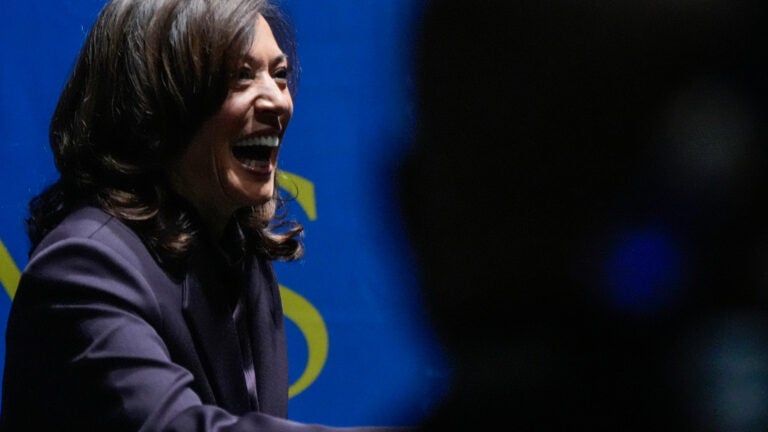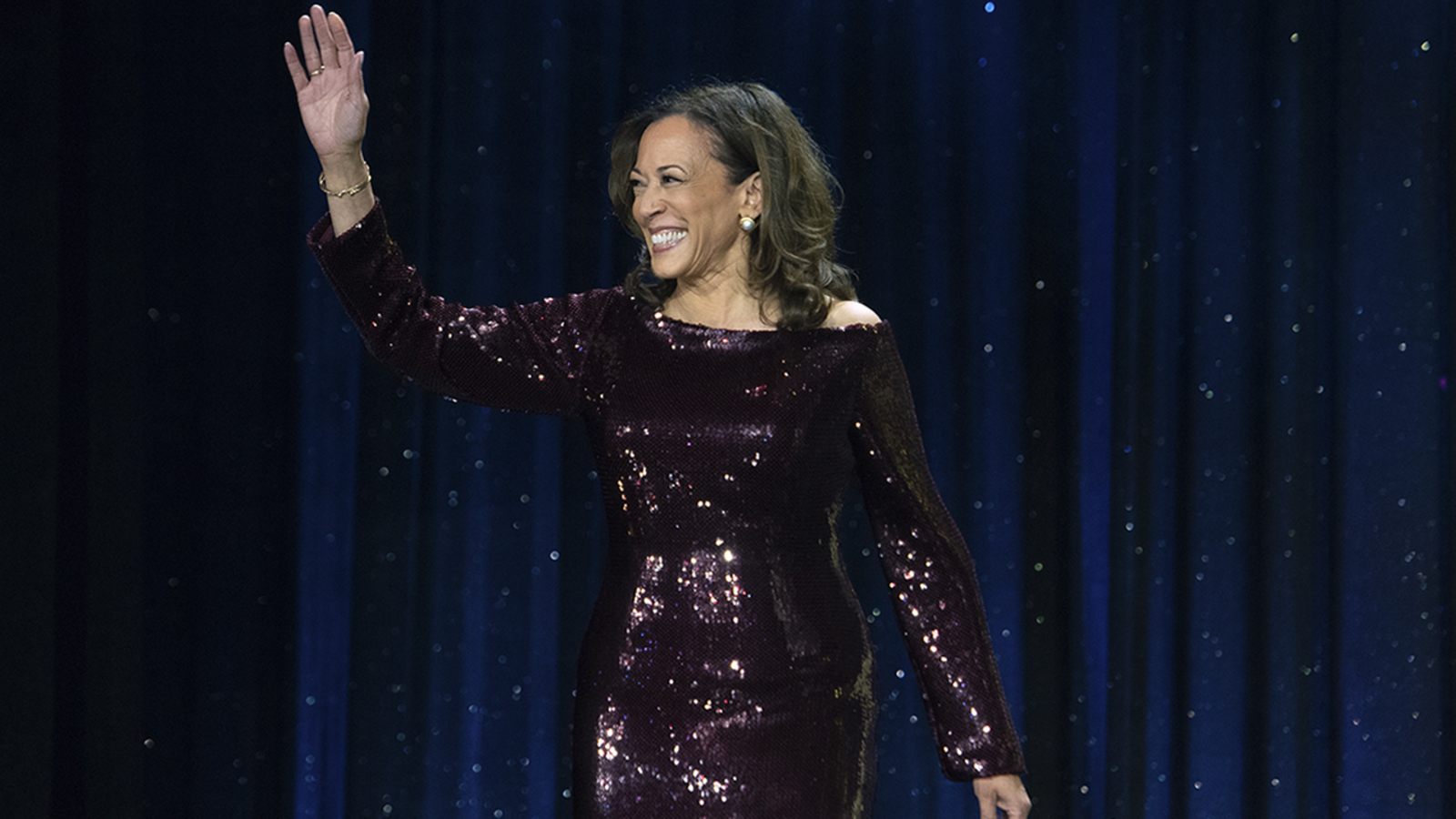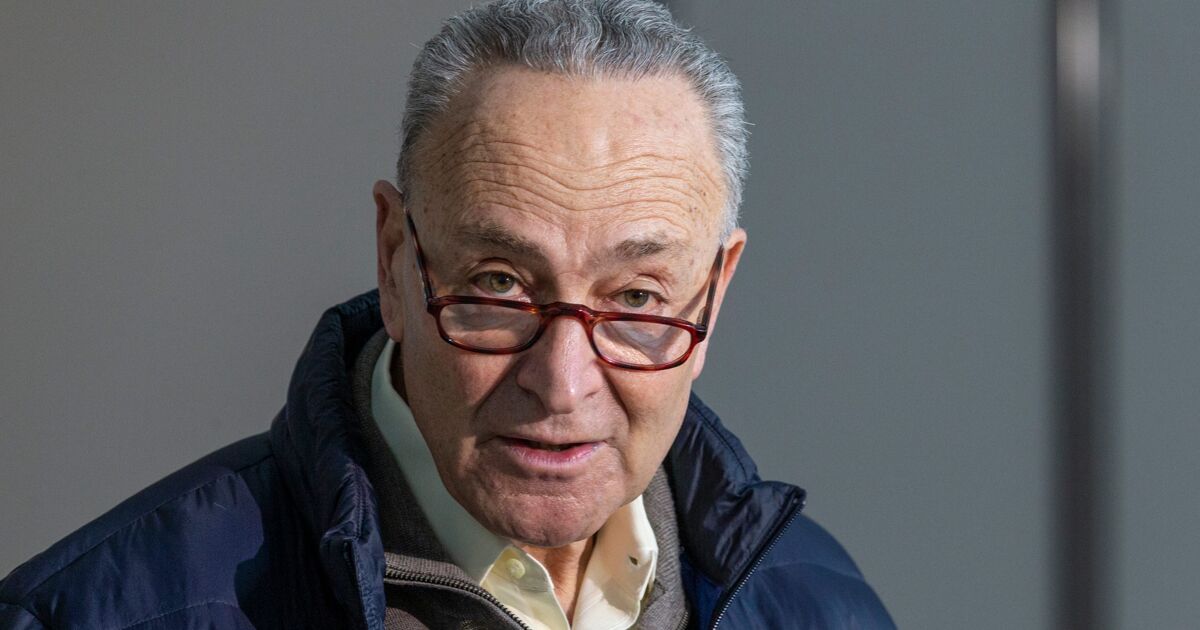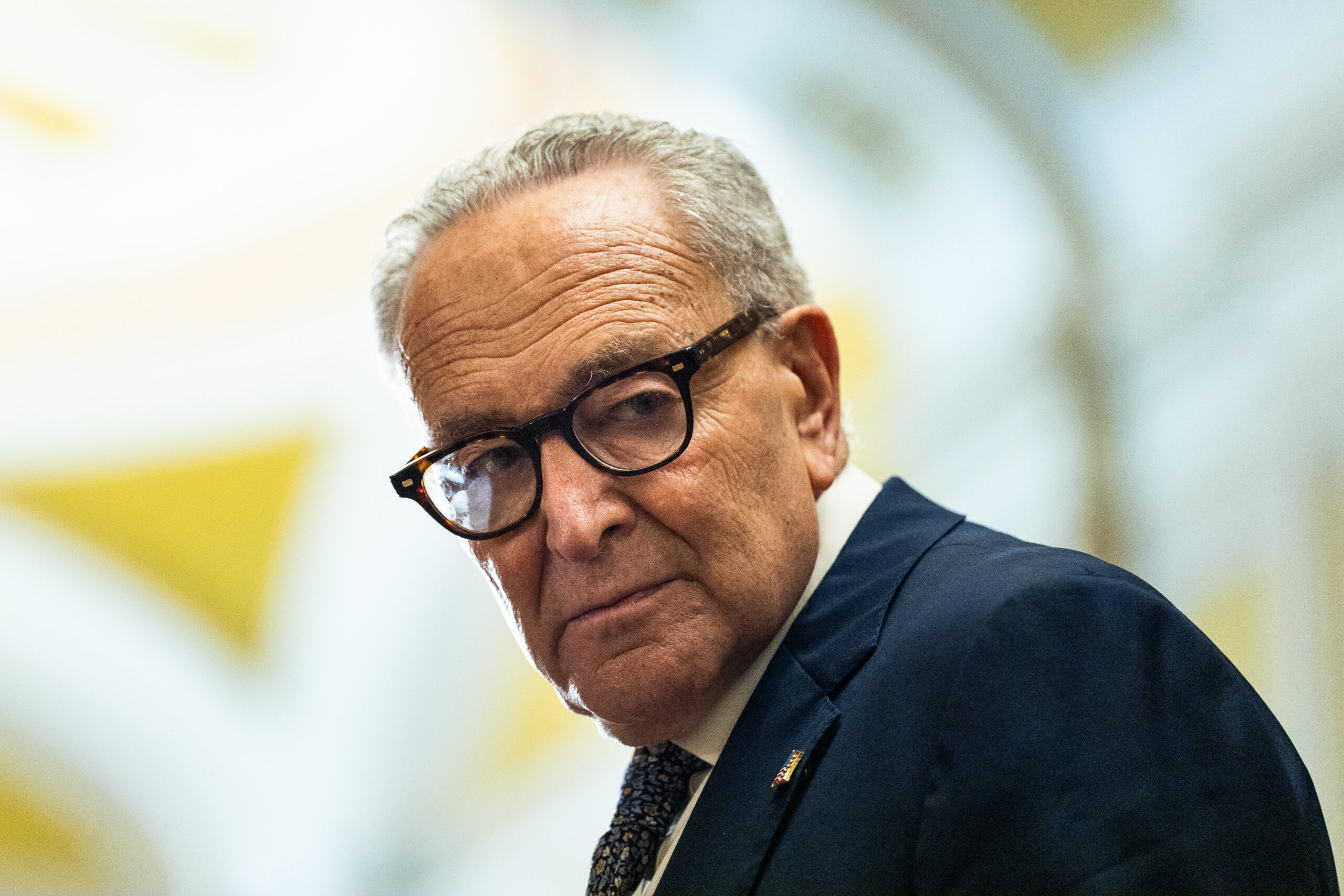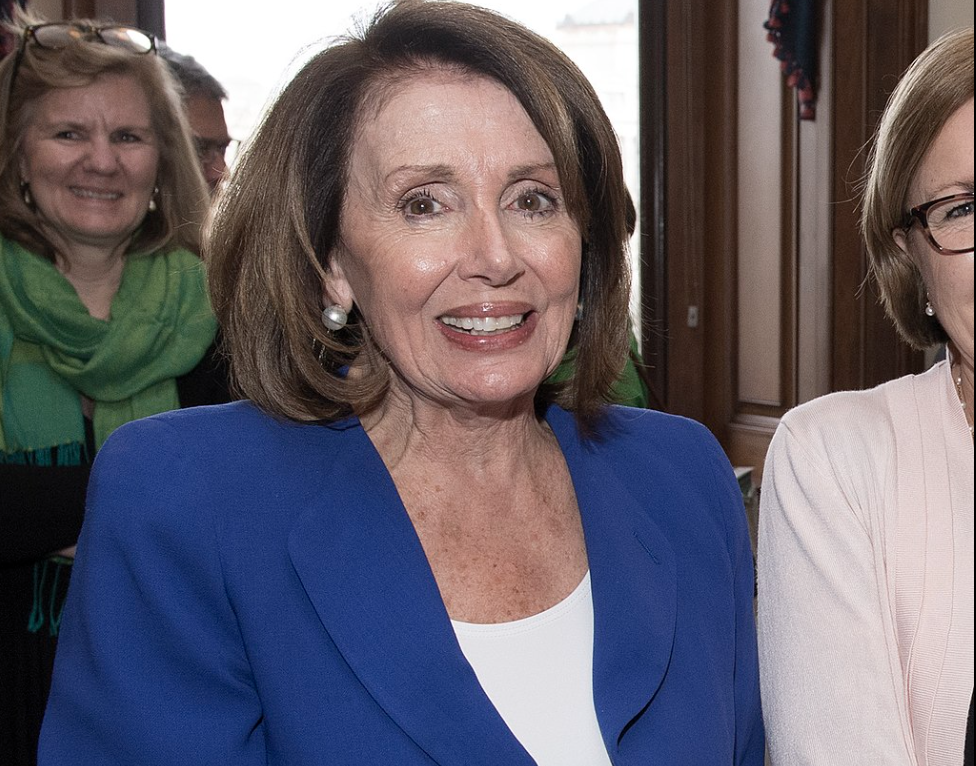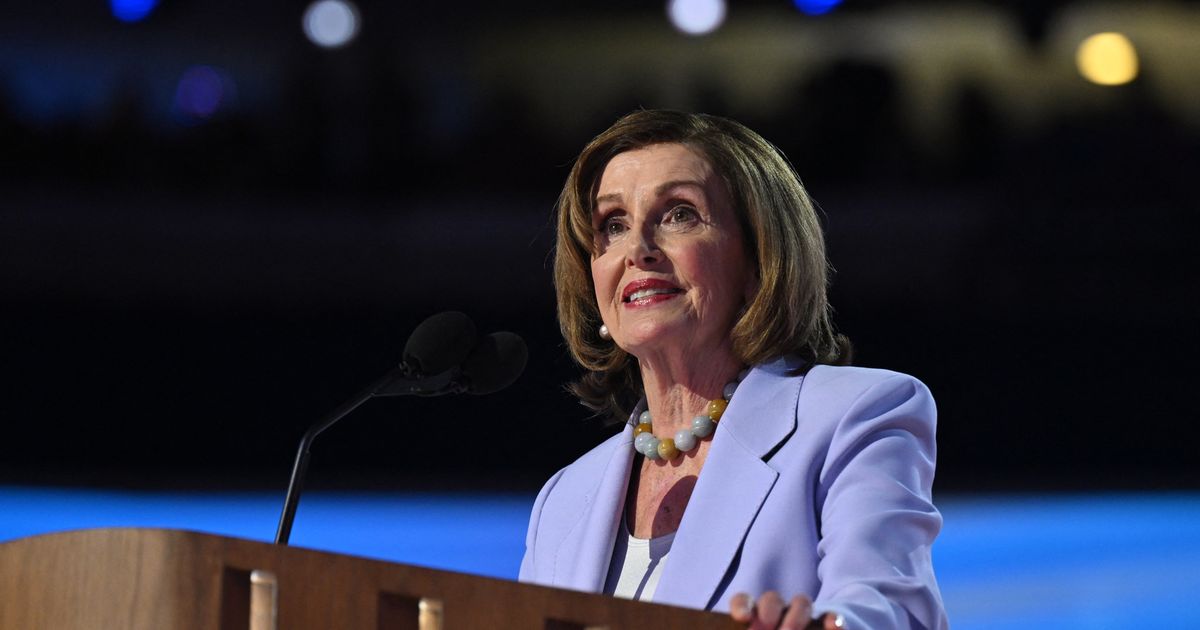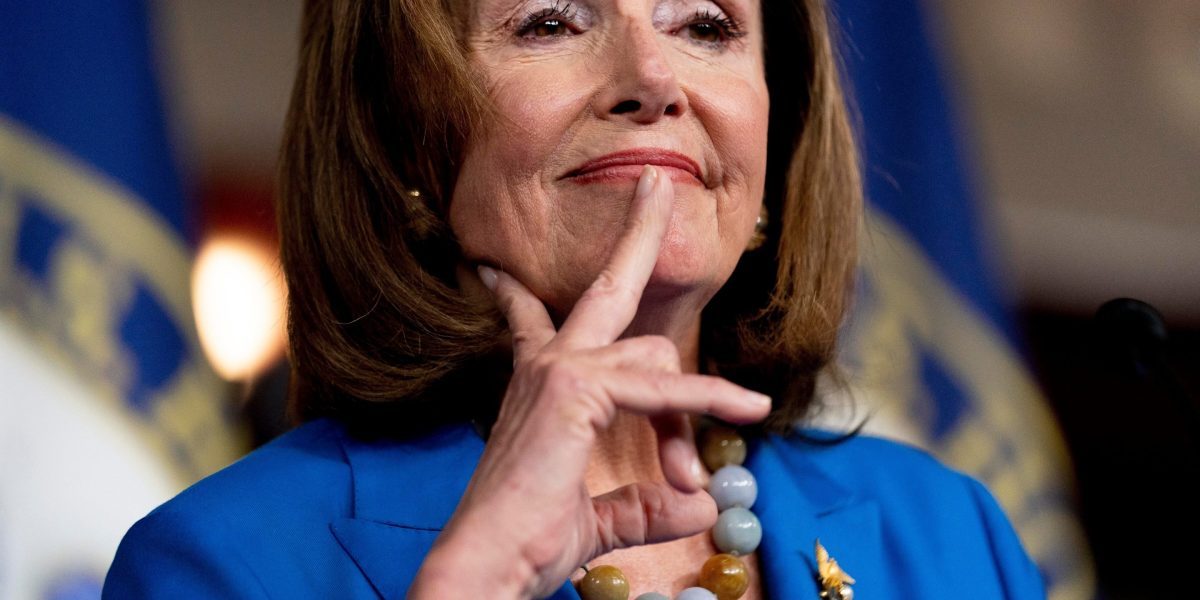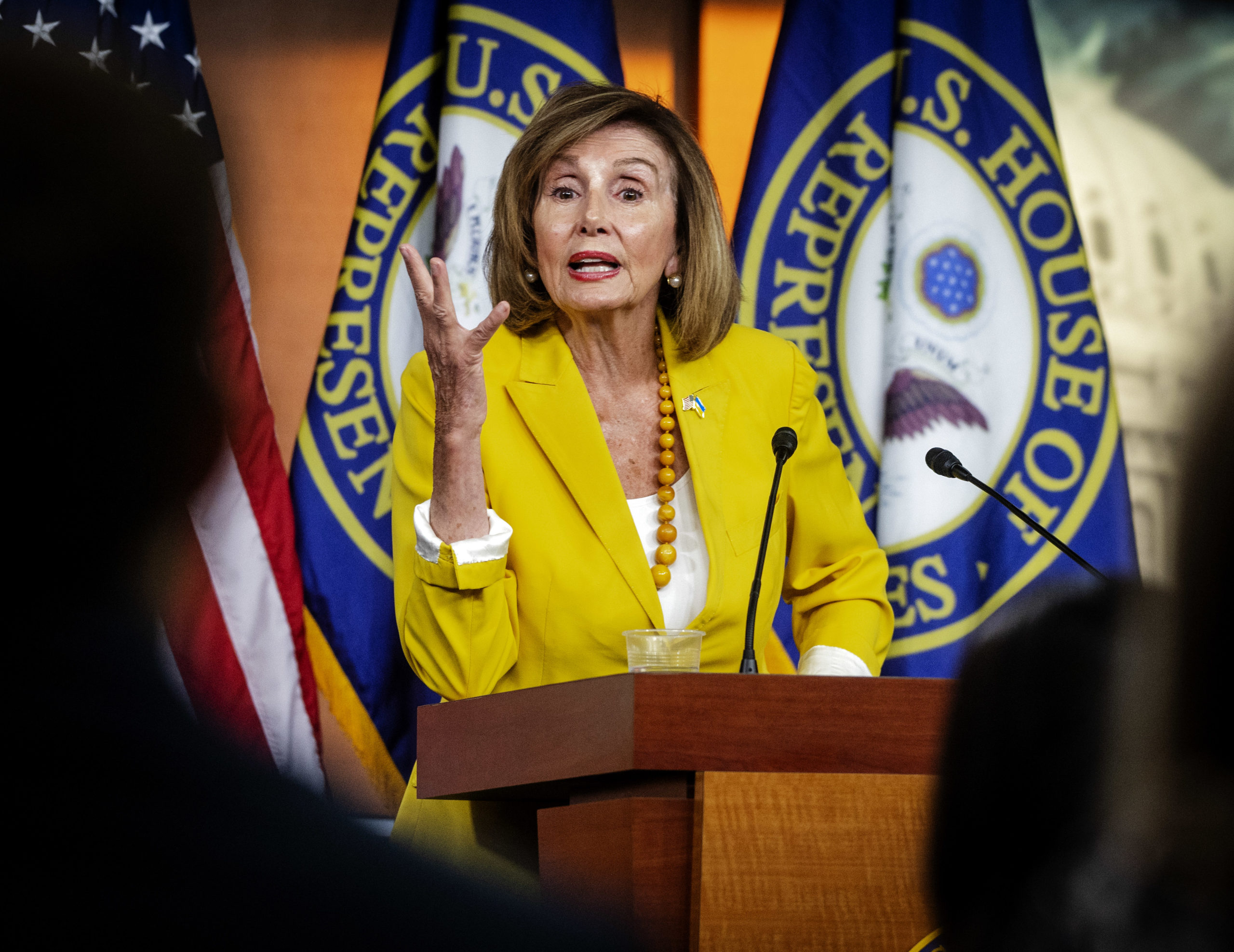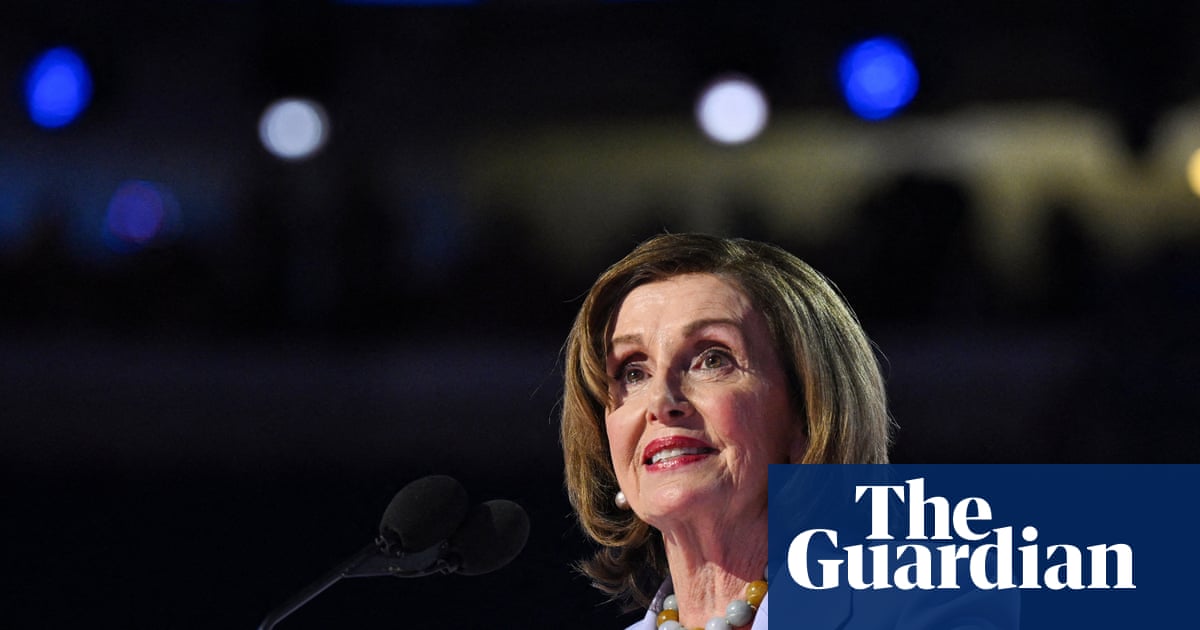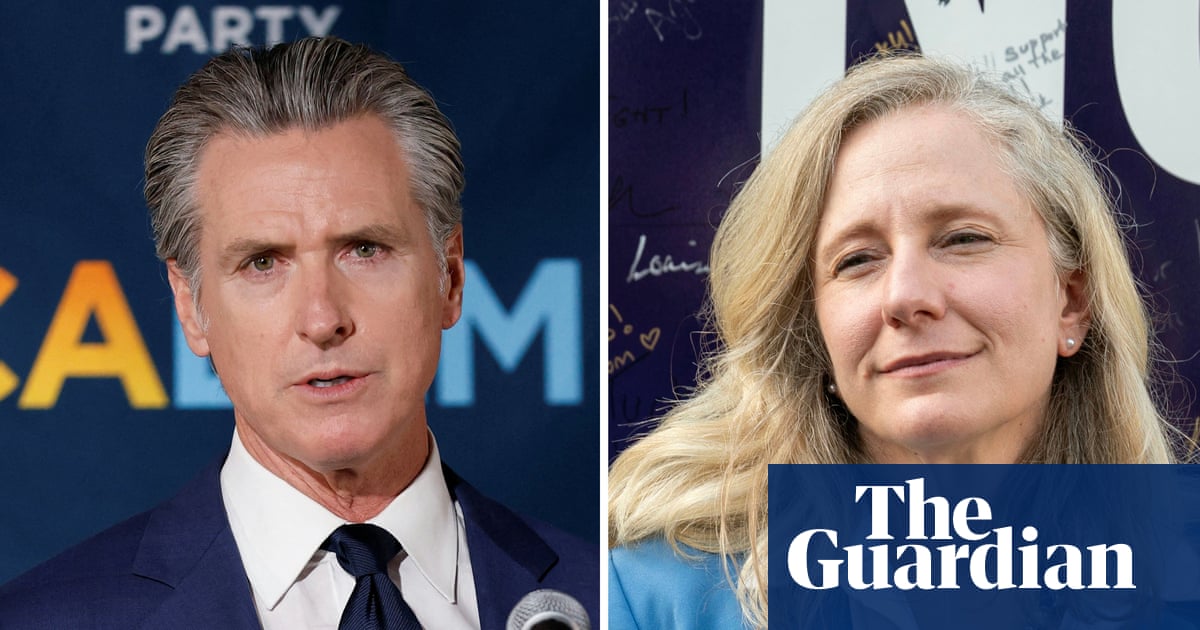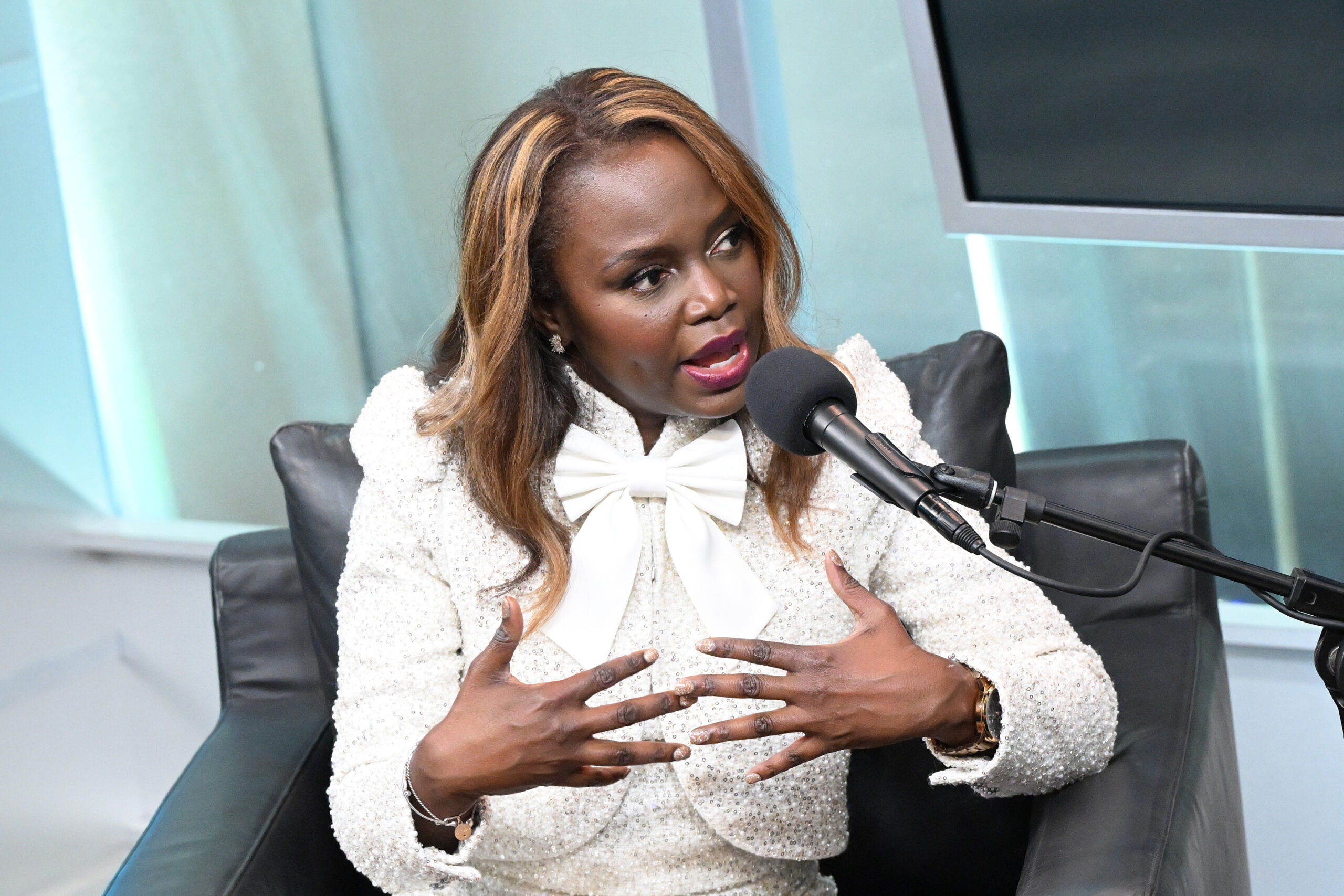#democratic-party
#democratic-party
[ follow ]
fromwww.mediaite.com
1 week agoBill Maher Warns Democrats They Need to Demand Celebrities Shut the F**k Up' if They're Going to Win Elections
Hollywood [is] sort of the epicenter of the woke left. I don't think they're doing the Democratic Party any favors, the comedian said. I think if Democrats want to win elections in the future, job one, tell the celebrities to Just shut the f**k up. You're not helping. You don't strike people in most of the country as sensible or in touch with reality.'
Left-wing politics
fromBoston.com
1 month agoThis teacher and sportswriter knows his Senate campaign is a long shot. He's convinced he can oust Markey anyway.
Alex Rikleen grew up in Wayland and now lives in Acton with his wife and two children. He graduated with an education degree from Boston College in 2009 and taught history for years. On the side, Rikleen wrote about fantasy sports, covering basketball and football. He pivoted in 2016 to pursue sportswriting, and since 2020 has balanced professional writing with an adjunct teaching position at Framingham State University.
US politics
fromenglish.elpais.com
1 month agoEileen Higgins, the gringa' who returned Miami to the Democrats after three decades
When you have a great candidate who's focused on the issues of the people and solutions for the people, along with an organized party doing year-round organizing, consistently showing up in communities, with the resources to communicate to the electorate, it produces wins, says Nikki Fried, chair of the Florida Democratic Party. This is going to be a great example of not just what happens in South Florida, but what can happen across the state.
US politics
US politics
fromLos Angeles Times
1 month agoCalifornia's role in shaping the fate of the Democratic Party and combating Trump on full display
California offers Democrats economic strength and progressive policies but also polarizing issues and negative portrayals that complicate its national electability.
US politics
fromwww.mediaite.com
2 months agoSenator Who Trashed Fellow Dems in Texts Blames Old Friend for Leaking Them to MAGA Outlet
Ruben Gallego criticized Democratic culture and appearance, warned the party's appeal is narrowing, and said he was heartbroken after a longtime friend leaked private messages.
US politics
fromwww.theguardian.com
2 months agoIs the Democratic party embracing Bernie Sanders-style politics? | Dustin Guastella
Democrats across factions have converged on a populist economic platform emphasizing affordability, universal services, and major investments to regain working-class support.
US politics
fromwww.amny.com
2 months agoWhy are so many NYC Democratic Congress members retiring or facing challenges from younger, left-leaning New Yorkers? | amNewYork
Multiple long-serving NYC Democratic House members are retiring or facing left-wing primary challenges, signaling a generational and ideological shift.
fromAxios
2 months agoFurious progressives swarm Schumer's job as Democratic leader
Van Hollen isn't pursuing Schumer's job, a source familiar told Axios, but he does want a "serious discussion on how to more effectively fight back" against President Trump. Between the lines: Van Hollen has quietly been building his national profile, and some progressives want him to run for president. Progressives say they are open to other leadership hopefuls. Talking points privately circulated by the progressive groups last week argued Van Hollen is "uniquely prepared for this moment."
US politics
US politics
fromwww.mediaite.com
2 months agoBill Maher Blasts Dems for Ditching Science And Going Too Far on 'Gender Bullsh*t'
The Democratic Party embraced gender ideology beyond scientific consensus, prioritizing LGBTQ issues and altering policies like birth certificates and transgender healthcare access.
US politics
fromLos Angeles Times
2 months agoCommentary: Front-runner or flash in the pan? Sizing up Newsom, 2028
Gavin Newsom positions himself as a leading 2028 Democratic contender, leveraging a Proposition 50 victory, national outreach, and polling strength despite concerns about California appeal.
fromAxios
2 months agoChaos erupts on House floor as Democrat moves to condemn fellow party member
"Everybody has been trying to say to her, 'Why today?' We have really focused, important work to do today,' one House Democrat who was on the floor at the time told Axios. Clark, the lawmaker explained, 'was trying to ... say [to Gluesenkamp Perez], 'You don't need to do this right now.'"
US politics
from48 hills
2 months agoDrama Masks: 'Hills of California' sings, 'Woman in Black' thrills - 48 hills
It seems like Arthur Miller's The Crucible always finds its way back into my life somehow. From first reading the play in high school to performing in it a decade ago to rolling my eyes at Aaron Sorkin's sexist misinterpretation of it, the quintessential "political play" finds new and interesting ways to once again grab my attention, faults and all. I thought of it again after the past week's exciting political developments.
Arts
US politics
fromwww.mediaite.com
2 months agoBernie Sanders Slams Out of Touch' Democratic Leadership That Gets Advice From Pathetic' Consultants
Democratic leadership and its consultant class are out of touch with grassroots and working-class priorities, favoring wealthy contributors over progressive economic and healthcare reforms.
fromThe Atlantic
2 months agoThe Democrats Try Out a Big Tent
The convention was held, somewhat awkwardly, at the Ronald Reagan Building in Washington, D.C., and was intended to be the first annual send-up of the Democrats' big-tent coalition. Gone are the days of choosing between a former intelligence officer and a democratic socialist; the party is now asking: Why not both? And at every panel, speakers repeated the week's key takeaway like a mantra: "Democrats don't have to agree on everything."
US politics
from48 hills
3 months ago'Let's bring some of those vittles back to the table:' What the Nov. 4 election means - 48 hills
Mamdani and Lurie have a tremendous amount in common. Both are scions of privilege who bring little political experience to their jobs. The 34-year-old Mamdani, the progeny of a noted academic and an accomplished filmmaker, has been a state lawmaker for all of four years. Lurie, 48, grew up wealthy after his mother married Peter Haas, an heir to the Levi Strauss blue jeans dynasty. Before becoming mayor in January, Lurie had founded an anti-poverty nonprofit but had never held elected office.
New York Mets
fromwww.mediaite.com
3 months agoJake Tapper Grills DNC's Ken Martin About Old Candidates
Because at the end of the day, what people want they want fighters. The divide right now in our party is not ideological, nor is it age. The divide, right now, is between those who are fighting, and those who're sitting on the sidelines. I reject this idea there's plenty of older elected officials and older candidates, frankly, who are fighting.
US politics
fromemptywheel
3 months agoOpen Thread: The Morning After Election Day 2025 - emptywheel
With the election yesterday of Millennial Zohran Mamdani as New York City's mayor, generational change in Democratic Party politics has shifted more firmly away from Boomers. ( source) With the youngest Boomers in their mid-60s, it's time - not to mention other reasons like a lifetime of baggage impeding effective governance. This is an open thread with an emphasis on state and local elections.
New York City
fromThe New Yorker
3 months agoThe Races to Watch This Election Day
Every pressing question about the Democrats hinges on who their next generation of leaders will be. It has taken an excruciatingly long time for them to emerge. But on Tuesday, three new candidates are getting their auditions. Abigail Spanberger is running for governor in Virginia; Mikie Sherrill is the nominee for governor in New Jersey; and Zohran Mamdani has led in polling in the race for mayor in New York City.
US politics
fromIntelligencer
3 months agoIt's My Party and I'll Leave When I Want To
"It was the most painful thing I've been through since my own parents aging," she said of her up-close experiences with the former president. "Nobody wants to face incapacity." It forced Kuster to look hard at her party. Months before the fateful presidential debate that exposed Biden's frailty, Kuster, at a mere 68 years old, announced her retirement, having served in Congress for 12 years after turning a red seat reliably blue.
US politics
fromIntelligencer
3 months agoIs the Democratic Party's Future Zohran Mamdani or Mikie Sherrill?
The election playing out on both sides of the Hudson River is something of an experiment about the Democratic Party during the second Trump era. Is the future Mamdani, a movement politician fluent in social media who commands the attention of both his faithful and his detractors? Or is it Sherrill, who has the sort of résumé and mainstream credentials that Establishment Democrats have long thought is the key to winning over voters skeptical of their party?
US politics
fromSlate Magazine
3 months agoPolitical Gabfest Celebrates 20 Years with Special Guest Rahm Emanuel
This week, live from Chicago to celebrate 20 years of the Political Gabfest, Emily Bazelon, John Dickerson, and David Plotz discuss the Trump vs. Chicago showdown and the dynamics between progressive and centrist Democrats with former Chicago Mayor and Obama White House Chief of Staff Rahm Emanuel, what threat President Trump poses to the future of American elections and how to push back, and memorable moments from Gabfest history.
US politics
fromwww.mediaite.com
3 months agoNo Democrat Wants to Hear From You': James Carville Tells Kamala Harris and Co. to Pipe Down
No one that had anything to do with 2024, no Democrat wants to hear from you, Carville declared. He went on to specifically call out Harris, Minnesota Governor Tim Walz (D), and Hunter Biden, son of former President Joe Biden. We all voted for you, not Hunter Biden, not Harris, not Tim Walz, not the consultants, not anything. 2024 has left such a lingering bad taste in Democrats, just get out of the way.
US politics
[ Load more ]

